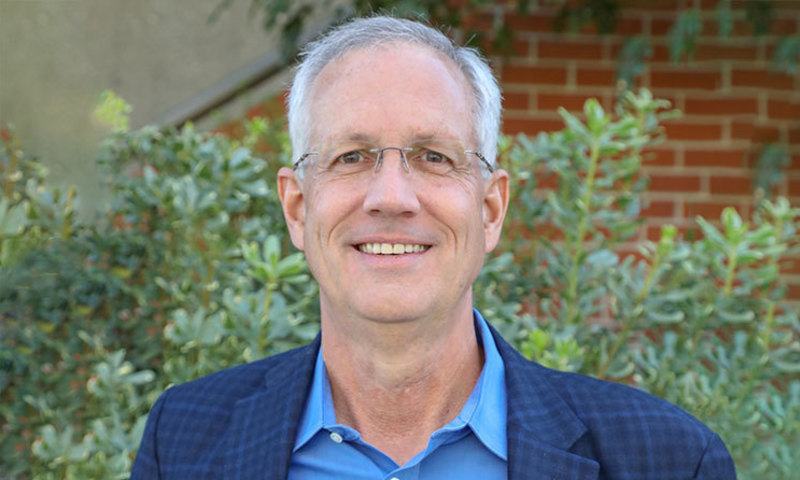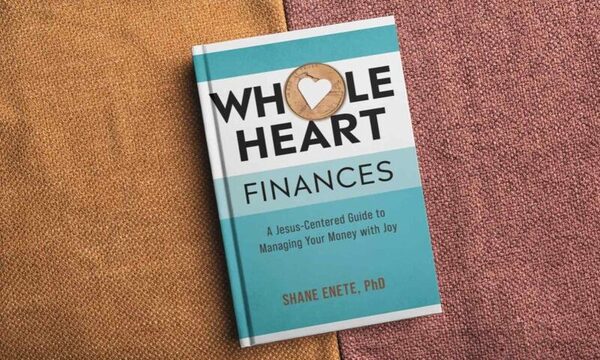Crowell: Congratulations on your recent retirement from PwC as a partner. Talk a bit about career highlights. What’s next?
Strom: My very first resume had “consulting” in the objective statement, but I had no idea what it really meant or would require. I had to first learn the art and science of operations at McDonnell Douglas, then invest in getting my MBA at Stanford. The next two decades were about applying those skills at PRTM Management Consultants, which we grew to 700 people and ultimately sold to PwC in 2011. The journey mirrored the exponential growth of high-tech. It was exciting to help great companies through the high-tech boom, and it took me to exciting places. Memories include riding rickshaws in India, standing on the House Speaker’s balcony, and doing a hook landing on a nuclear aircraft carrier. You got me on the “what next” question… Seriously, Year 1 of this new life chapter is about intentional rest and reflection. I have a heart to give back in ways I could not before, and I’m seeking the Lord’s leading for specifics.
Crowell: You are currently serving as a coach in the 51ÂÜŔň Startup Competition. Why do you think this strategic initiative is important, and what business and/or spiritual advice would you give young Christian innovators and entrepreneurs today?
Strom: I love that the Startup Competition is igniting imaginations and helping students see themselves and their career possibilities differently. Regardless of who wins or how the specific ideas pan out, the biggest benefit is getting students to think big and aim high. For advice, invest in understanding leadership and developing these skills—it’s a common thread in all successful organizations. The starting point is being rooted and grounded in who God is (the beginning of wisdom is the fear of the Lord). And the behaviors have been perfectly modeled in the servant leadership of Jesus.
Crowell: How did your education at the Crowell School of Business (B.S. 1984) and your MBA from Stanford University (1990) equip you for a business career? Talk specifically too about the value of a faith-based educational foundation — the idea of doing business as a ministry.
Strom: It’s fair to say that the door to my consulting career was opened by my Stanford MBA, and the door to Stanford was opened by my time at 51ÂÜŔň. Henry Warren, former 51ÂÜŔň Business Dean, was a mentor and dear friend who helped me aim high, then wrote a pivotal recommendation that made Stanford possible. I would also add that 51ÂÜŔň academics prepared me very well for everything at Stanford. Picking up on my previous comments, our faith-based 51ÂÜŔň education targets what I believe is the single biggest workplace skill gap, leadership. Good leadership touches hearts and minds on a daily basis. What an awesome ministry opportunity!

 51ÂÜŔň
51ÂÜŔň
.jpg)
.jpg)

